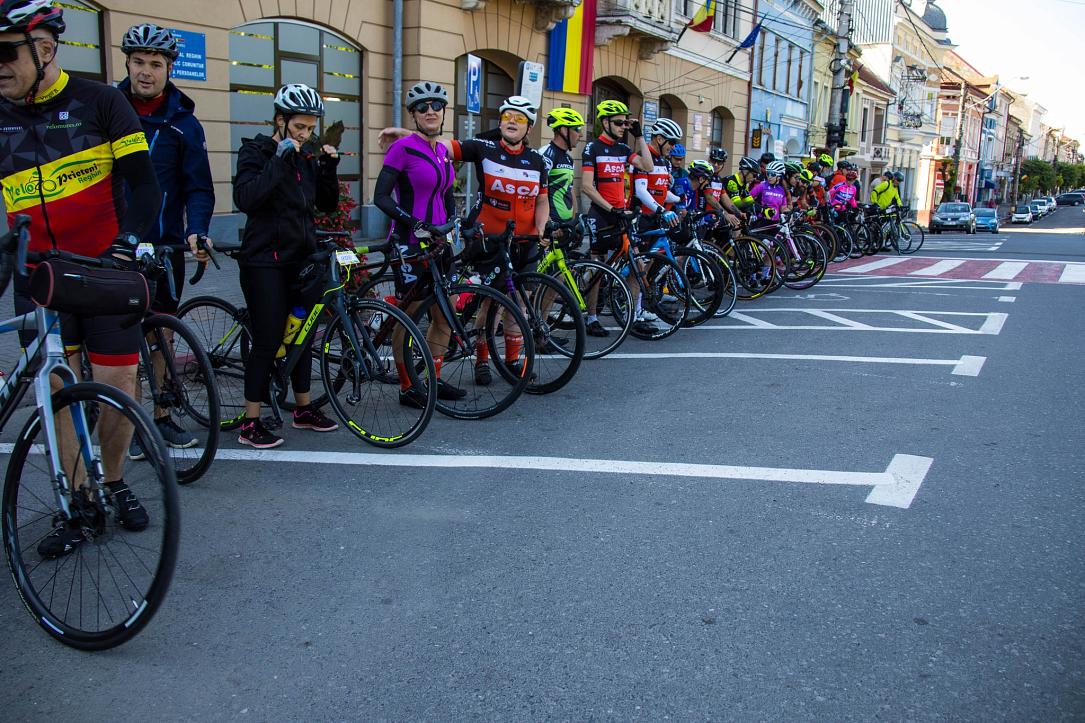Romanian cyclists to begin 1,500-kilometer journey to Auschwitz-Birkenau in Poland

A group of 14 people from the Endurance Cyclists' Sports Association of Reghin, in central Romania, announced that they will embark on a journey to Auschwitz-Birkenau in Poland on July 9, covering a distance of 1,500 kilometers round-trip. The trip is planned to last 9 days.
On June 4, 1944, 3,149 Jews were transported by train from the Reghin CFR station to Nazi camps, approximately 1,400 of them from Reghin. The concentration of Jews in the camp had bugan on May 3, 1944. They were held in inhumane conditions at the former brick factory, without food and potable water, causing many, especially children, to fall seriously ill.
"It has been 80 years since then. I was moved by the plaque at the Reghin station, which states that the memory of this tragedy should remain alive as a warning for future generations. It speaks about those people who left for Auschwitz on June 4, 1944, and never returned,” said Claudiu Giurgiu, one of the founders of the Endurance Cyclists' Sports Association of Reghin, cited by Agerpres.
“After seeing this plaque, I thought we could make a bicycle route in memory of those who left and never returned here. We planned a route to Auschwitz-Birkenau, divided into 4 days with accommodations each day, with the main goal of drawing attention to prevent such things from happening again," he added.
Fourteen cyclists, aged between 21 and 69, are training for the journey to Auschwitz.
"It will not be an easy route, because one of the disadvantages is the lack of places with sufficient accommodations for all of us. We are 14 cyclists, and this sometimes extends the route to reach a place with accommodation. So on the first day, we will cycle 200 km to Baia Mare, then the next day 190 km, then 170 km, and on the last day 140 km to reach Auschwitz, if everything goes well," explained Claudiu Giurgiu, noting that the cyclists' luggage will be transported by car.
(Photo source: Asociatia Sportiva a Ciclistilor de Anduranta Reghin)












